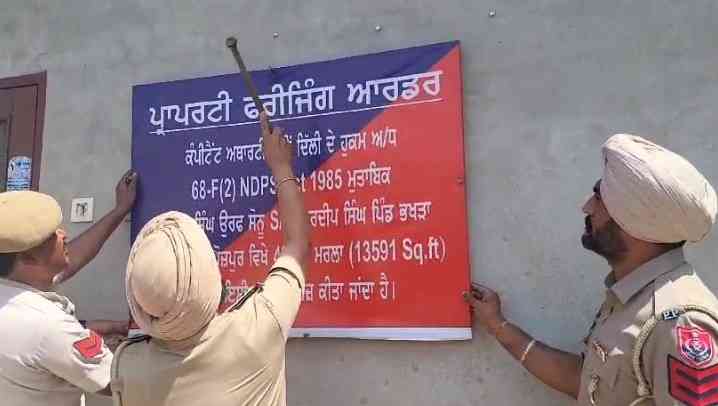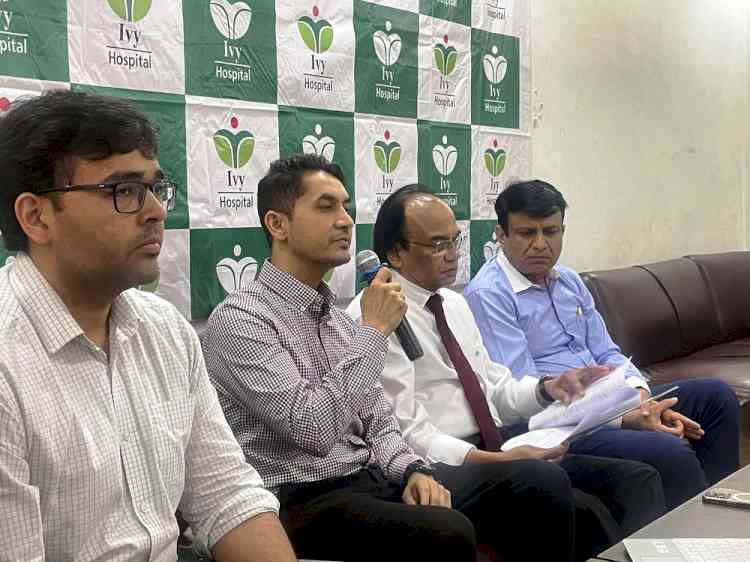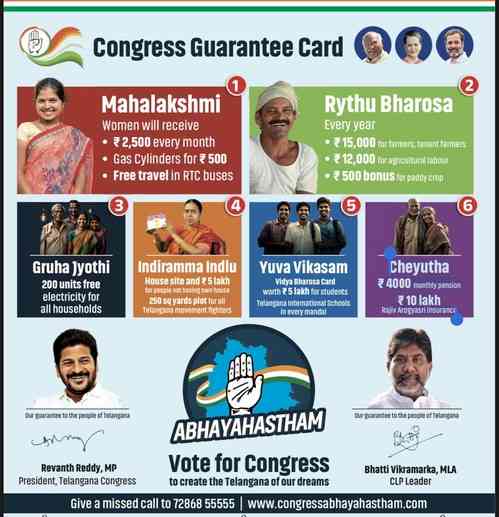DR. CHEEMA HANDS OVER CABE SUB-COMMITTEE REPORT TO UNION MINISTER PRAKASH JAVADEKAR
Author(s): City Air Newsphoto: city air news NEW DELHI/CHANDIGARH, OCTOBER 19, 2016: The Punjab Education Minister, Dr.Daljit Singh Cheema who is the Chairman of CABE (Central Advisory Board of Education) sub-committee formed for the purpose...


photo: city air news
NEW DELHI/CHANDIGARH, OCTOBER 19, 2016: The Punjab Education Minister, Dr.Daljit Singh Cheema who is the Chairman of CABE (Central Advisory Board of Education) sub-committee formed for the purpose of improving the lot of government schools in country, today submitted the report of the sub-committee to the Union Human Resources Development (HRD) Minister Mr.Prakash Javadekar. Dr.Cheema handed over the 189 page report to the Union Minister at his residence in the presence of Joint Secretary HRD cum member secretary of the committee Maneesh Garg and a committee member cum Vice Chancellor NUEPA Prof J.B.G.Tilak.
In a statement after submission of the report Dr. Cheema said that significant aspects of the recommendations made in the report were also considered in the meeting with the Union Minister. He also said that the recommendations of the report would be debated upon in the annual meeting of CABE to be held on 25th October in which all the School Education and Higher Education ministers of all the states would also take part.
Divulging about the prominent recommendations made in the report, Dr. Cheema said that the committee has recommended pre-primary classes in the primary schools to improve the level of students belonging to government schools. Besides this, the committee also recommended the reviewing of No Detention till 8th standard’ apart from commencing 5th & 8th standard exams independently as was the case earlier.
Dr. Cheema further detailed that while preparing the report, the expenditure by various countries on ‘Education’ was also compared after which it was recommended that a minimum of 6 percent of the GDP (Gross Domestic Product) should be spent on education. The committee has also recommended spending more on the elementary/primary education besides having head for every school (Head Teacher/Headmaster/Principal) compulsorily.
Disclosing more, he said that a recruitment calendar is needed to be prepared in advance in order to ensure that there remains no post vacant in the wake of superannuation. The committee has also recommended the constitution of a committee of academic experts to review the course syllabus, duration of course and practical training in vogue at present to become a teacher. Batting for quality training during service period of teachers, the committee made a significant recommendation and said that this responsibility should be entrusted to the central, state and other universities so as to help the teacher benefit from top quality academic environment and world class infrastructure.
The committee also made recommendations emphasizing strengthening of infrastructure in rural areas, state of the art facilities in schools, tackling shortage of staff, availability of transport besides expressing concern regarding children belonging to industrial labour class, immigrant workers and poor people in urban areas being deprived of the right to education due to the non-opening of new schools in the urban centres throughout the country. The committee recommended that it should be compulsory to open schools in the new colonies in cities keeping in view the population factor.
The committee also recommended starting of educational programmes in far off regions of the country through Doordarshan and its regional centres. Besides this, the committee also included suggestions concerning safety of girls, adequate atmosphere conducive to education, maintaining school premises, problem of water & electricity bills, filling posts of chowkidars/sewadars, solar plants on rooftops in schools to save expenditure, rain water harvesting to conserve water in its report. The committee has also laid emphasis on ‘Shalasiddhi and Evaluate Your Own School’ methodology to ensure regular evaluation of schools and connecting common masses with the sphere of education.
Dr. Cheema thanked all the members for co-operation besides Education Ministers and officers of various states.

 cityairnews
cityairnews 















